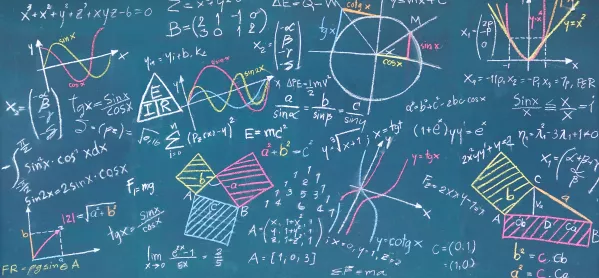Boys are more confident than girls at all levels of ability, a new study has shown.
Data from research by Craig Barton, a Tes maths adviser and maths teacher, and Simon Woodhead, chief executive of assessment programme Diagnostic Questions, found that while both genders overestimate their abilities, boys are more prone to this than girls at every ability level.
The study of 25,000 pupils asked students to assign a measure between 0 and 100 of the level of confidence they felt when answering maths questions. The pupils were aged between six and 18, and only those who answered five or more questions were included in the study.
The students’ ‘ability’ was measured by the proportion of students who got more questions right.
“Essentially, we’re asking whether students are good at knowing whether they got a question right or not?” said Mr Barton. “If kids aren’t good at that, then we’ve got a problem, because their perception of their ability doesn’t match up with their actual understanding.”
Mr Barton and Mr Woodhead’s study found that all pupils overestimated their ability, with girls rating their confidence as 65.7 on average, compared with an average ability of 59.7 - a difference of six points.
However, boys’ average ability was 59.4 yet their average confidence was 70.7, a difference of 11.3 points.
The study also found that social disadvantage - measured by whether pupils were eligible for free school meals, 1700 pupils in the study - had a different impact on pupils’ confidence depending on their ability.
“On average, the low ability disadvantaged students are more confident than the advantaged students, but the high ability disadvantaged students are less confident than the advantaged students,” Mr Woodhead said.
And the data showed that all students experienced a dip in confidence at the start of secondary school.
Grouping the 7,000 students in the study who had provided a date of birth by age, the researchers found that pupils’ median confidence levels dropped after the age of 11.
They found students’ levels of accuracy in assessing their ability did not improve with age. Mr Barton attributed this to how pupils are consistently learning new material in each academic year, which would make it harder to assess whether they can do something.
Students were also more likely to review a question when told the answer was wrong if they were more confident in their abilities.




